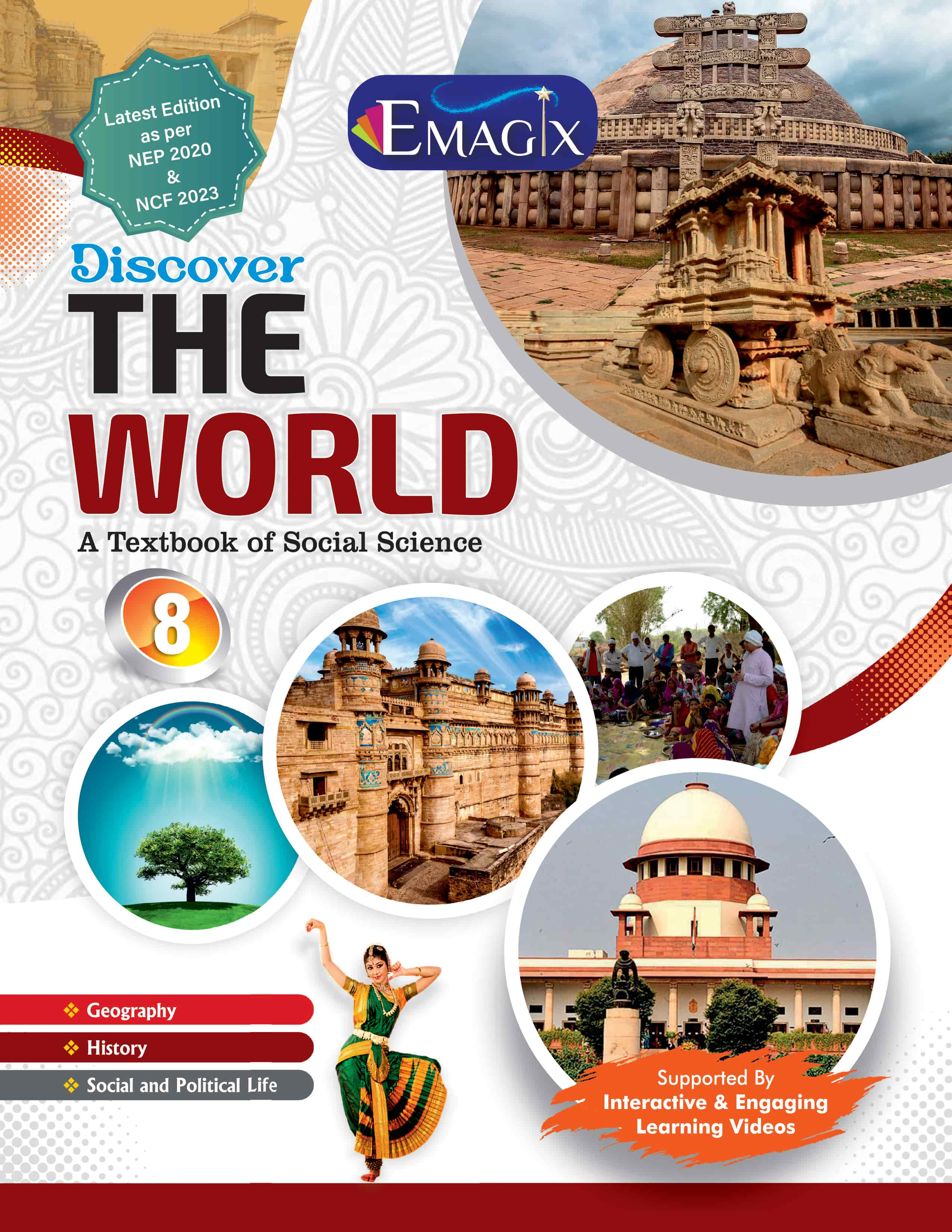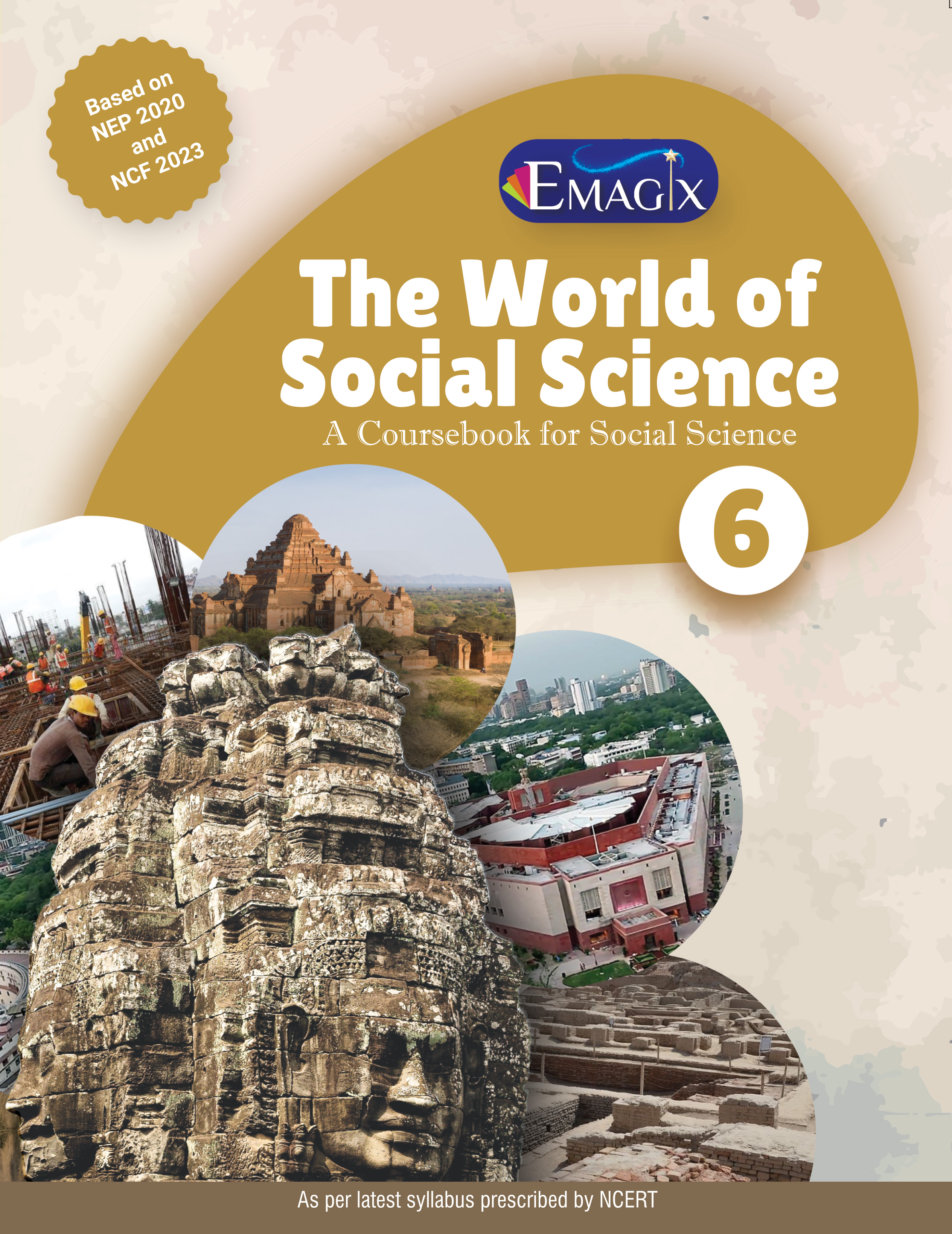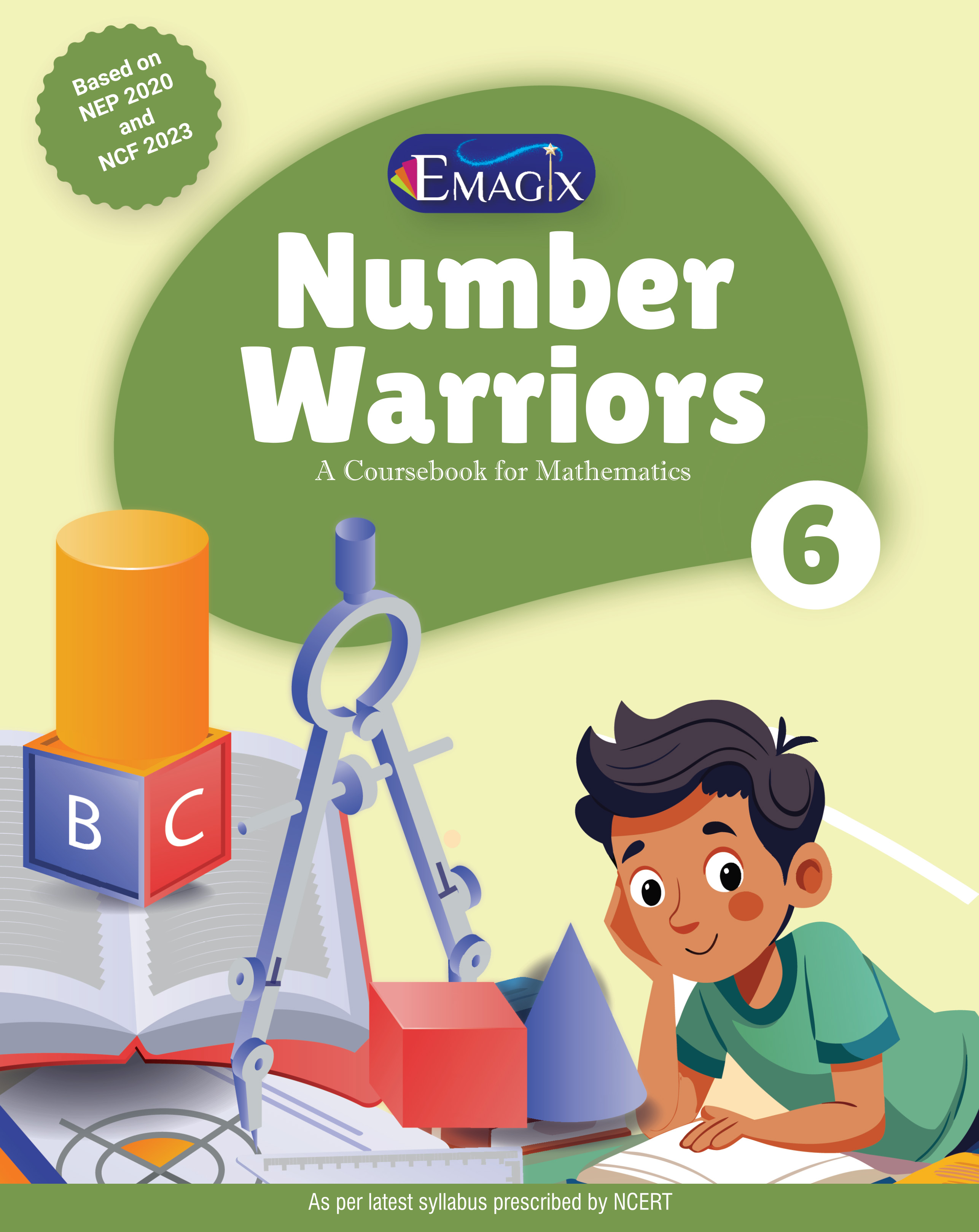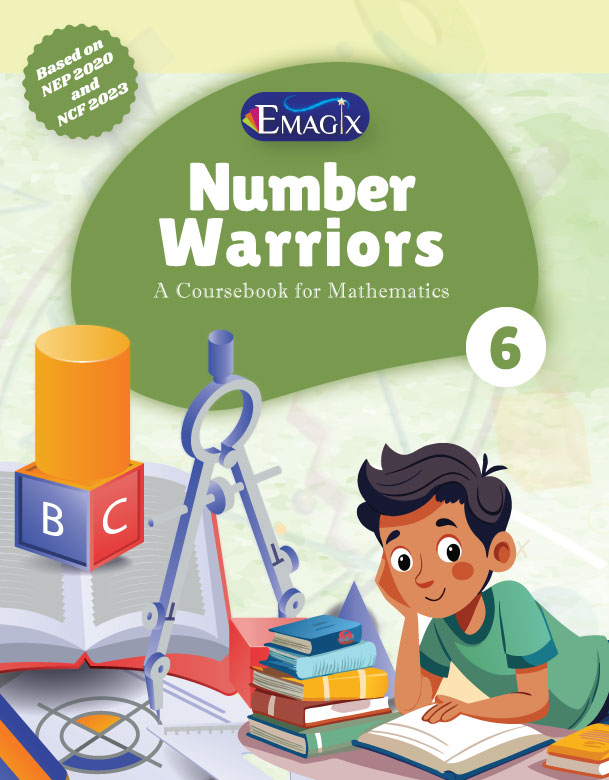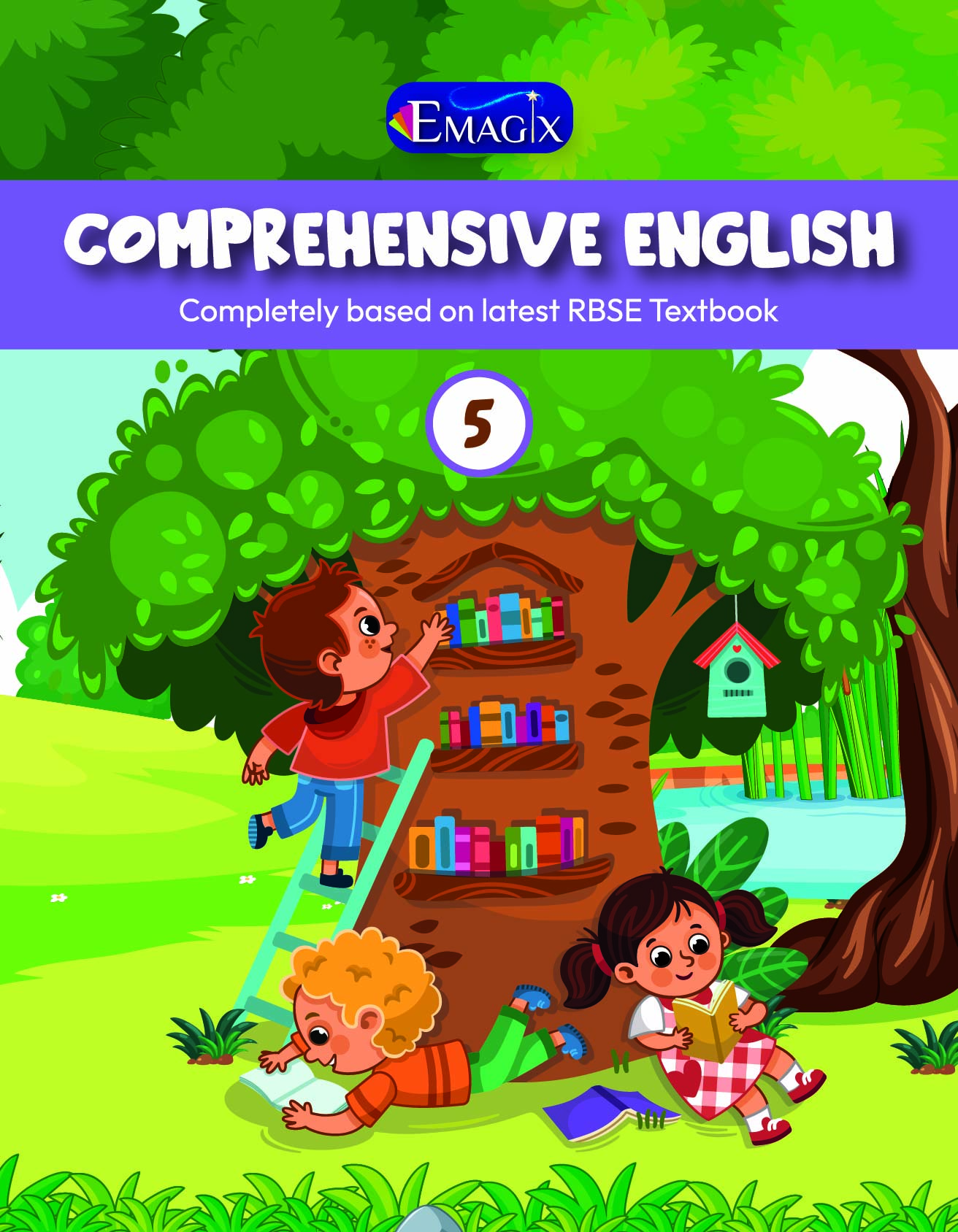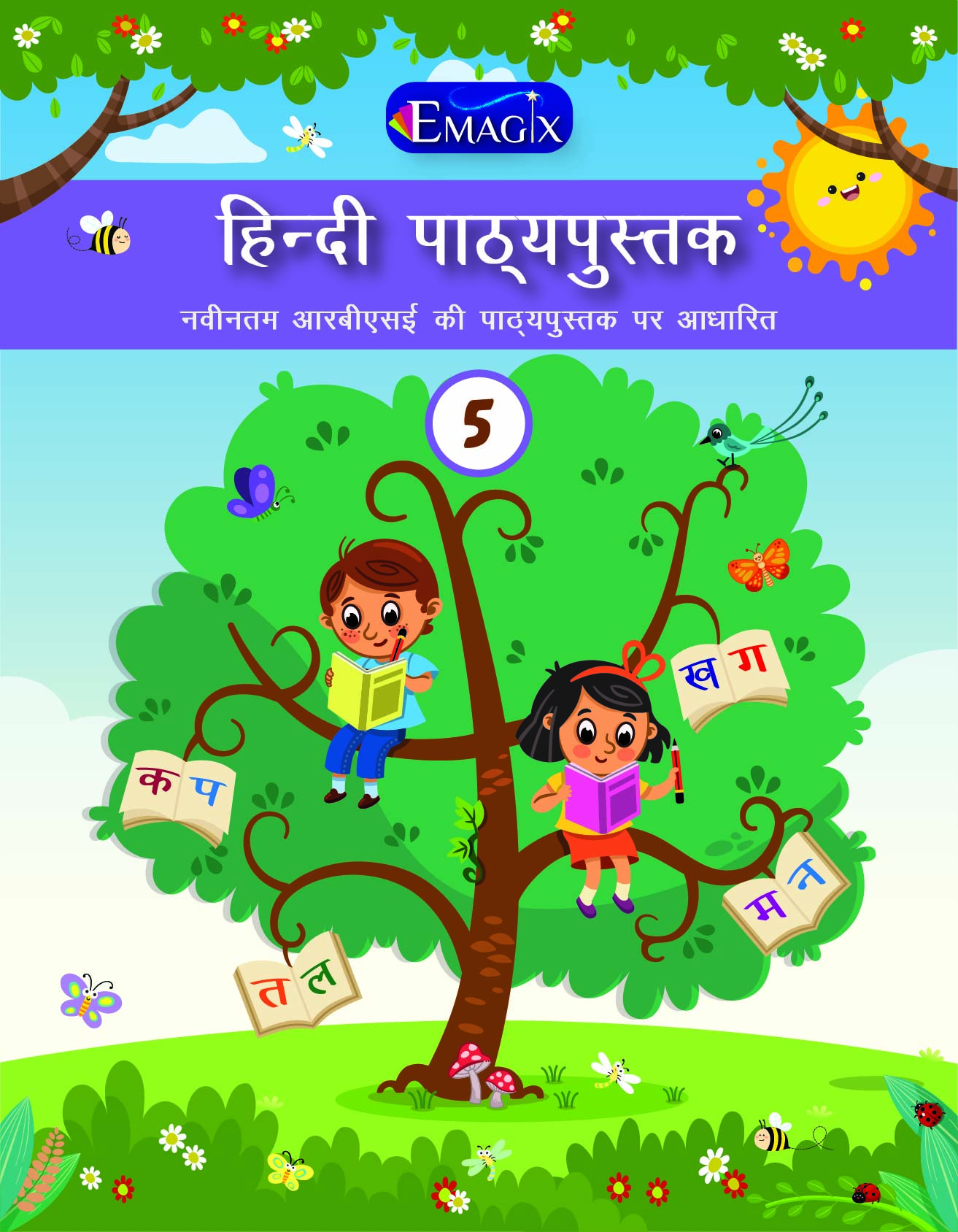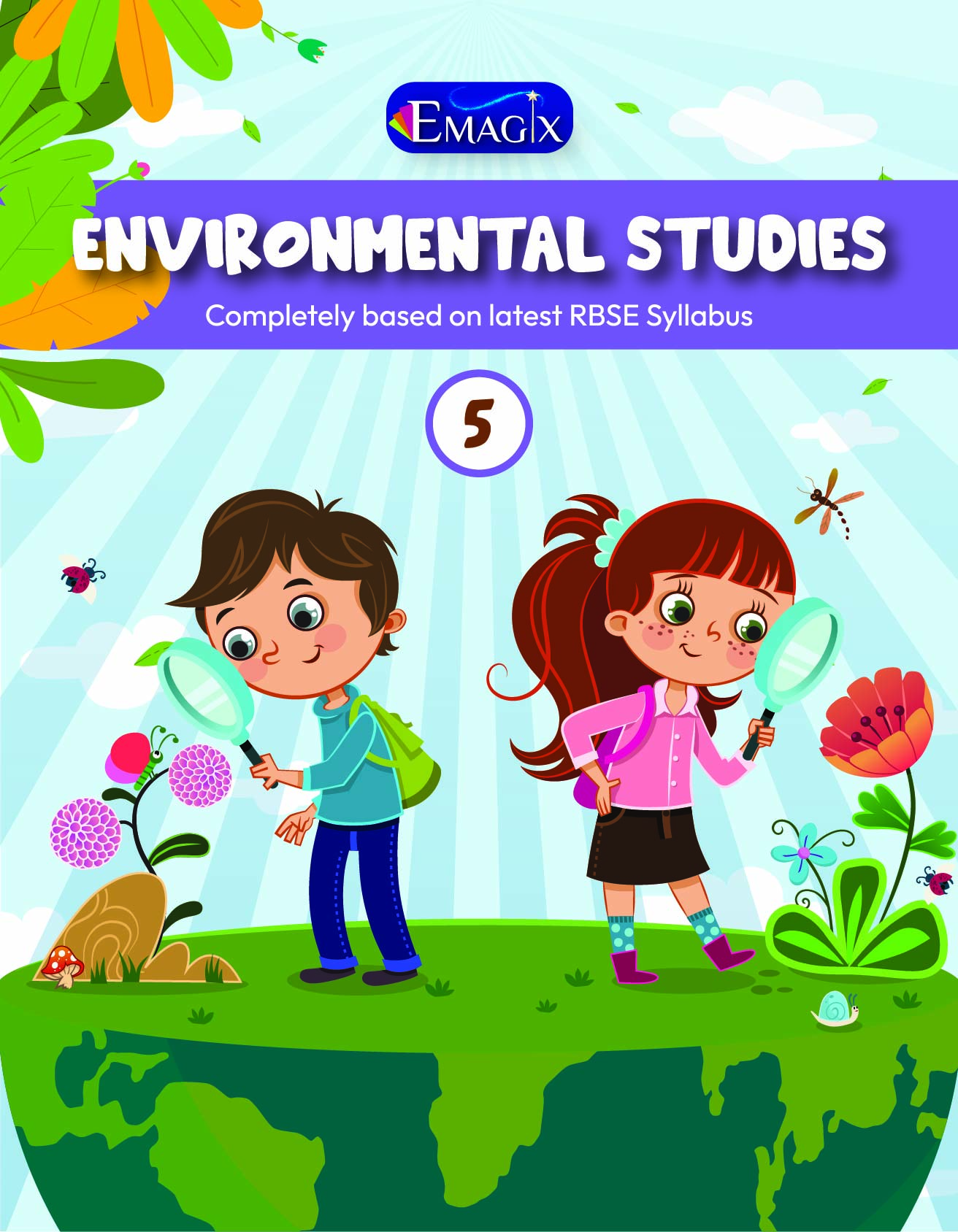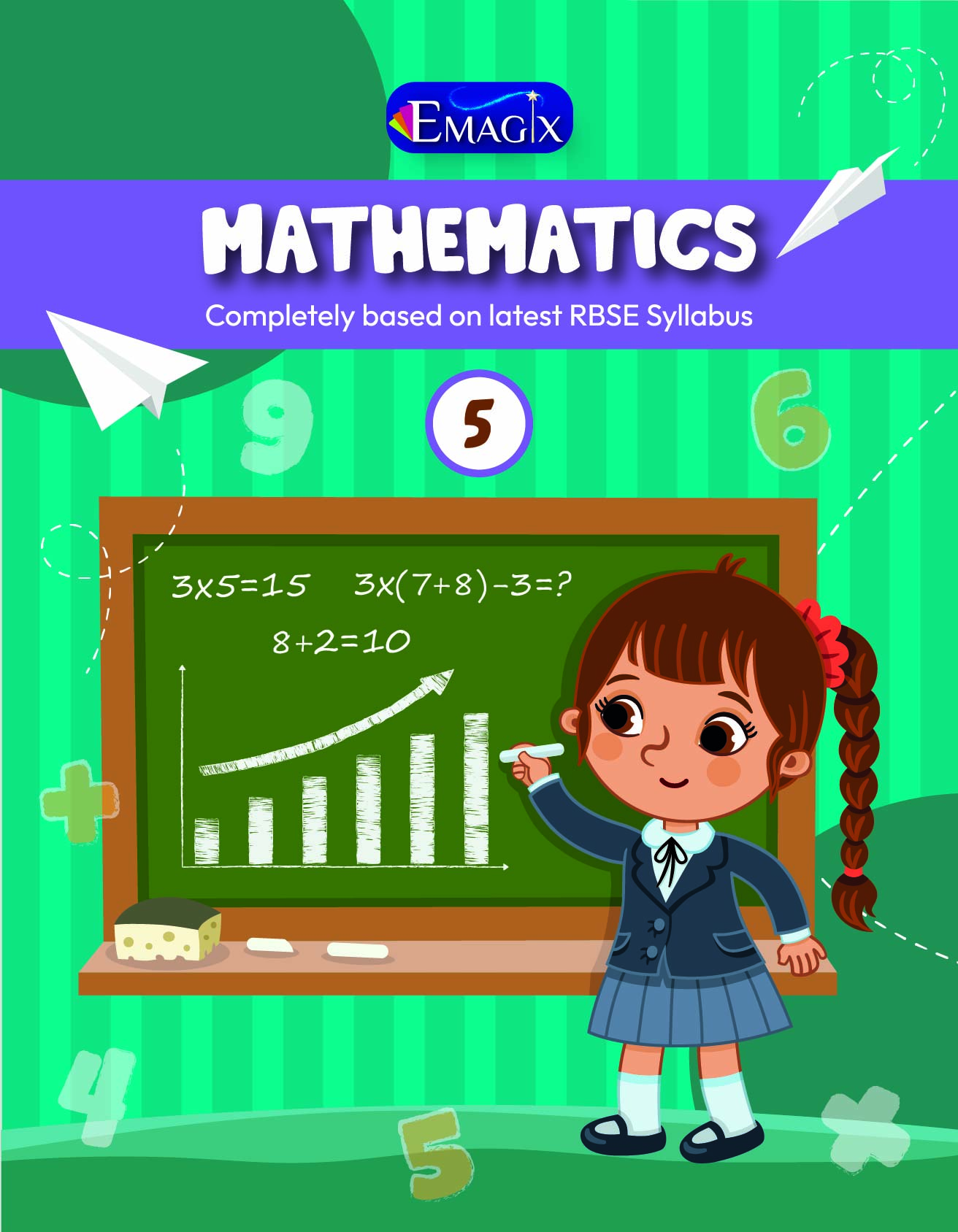About Course
Discover The World,
This comprehensive Class 8 Social Science course is designed to develop critical thinking, historical perspective, and awareness about society and governance.
In Geography, students begin by exploring the concept of resources and their development. They understand how land, soil, water, forests, and wildlife are vital assets and study the practices of agriculture and industry that drive economies.
History takes them back through time — from British expansion in India and the impact of colonization to tribal resistance, reforms, and the journey to Indian independence. These lessons help students connect past events to present realities.
In Civics, the focus is on democratic values. Students are introduced to the Indian Constitution, secularism, law-making, the role of the judiciary, and issues of inequality, marginalization, and public services — equipping them with the knowledge to become responsible citizens.
UNIT I: Resources and Development (Geography)
Resources
Land, Soil, Water, Natural Vegetation and Wildlife Resources
Agriculture
Industries
Human Resources
UNIT II: Our Pasts III (History)
How, When and Where
From Trade to Territory (The Company Establishes Power)
Ruling the Countryside
Tribals, Dikus and the Vision of a Golden Age
When People Revolt
Civilising the “Native”, Educating the Nation
Women, Caste and Reform
The Making of the National Movement: 1870s–1947
UNIT III: Social and Political Life III (Civics)
The Indian Constitution
Understanding Secularism
Why Do We Need a Parliament?
Understanding Laws
Judiciary
Understanding Marginalisation
Public Facilities
Law and Social Justice
You only need



